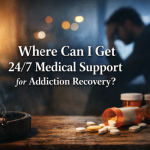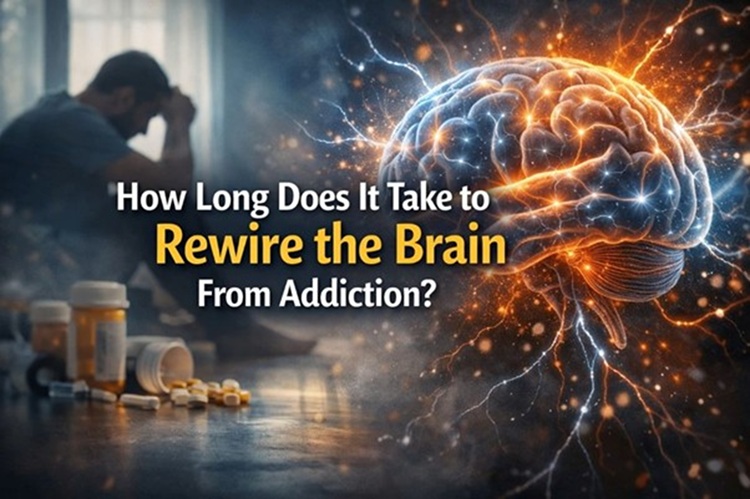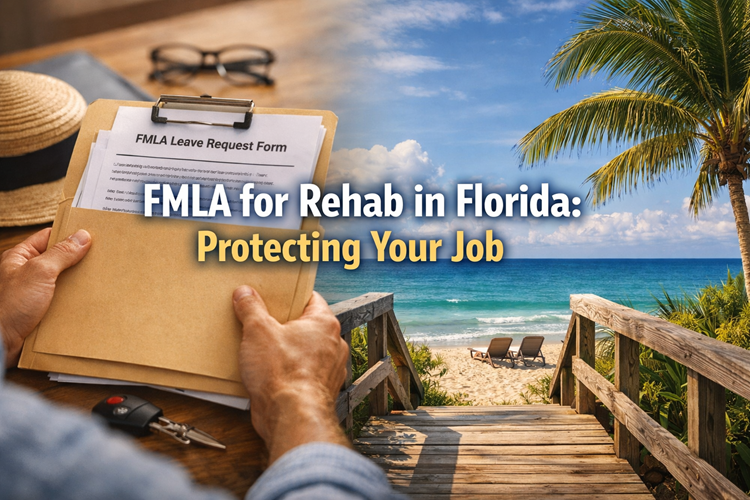The process of being a key support figure for someone suffering from alcohol use disorder brings numerous complex emotional challenges. The path to recovery requires both an understanding of alcohol use disorder and proper supportive techniques for achieving well being in the person being cared for. This document will explain the concept of alcohol use disorder before showing you how to spot initial warning signs and introducing specific help methods for victims of alcohol-based distress.
What is Alcohol Use Disorder?
Understanding alcohol use disorder requires you to establish its precise medical definition before providing effective support to affected individuals. Alcohol use disorder (AUD) operates as a treatable medical condition that typically involves continuous alcohol consumption despite recurring negative effects for physical or mental health or interpersonal problems or distress. From mild to very severe, it interferes with the areas for physical health, mental well-being, relationships and everyday functioning.
The stages of alcohol use disorder range from mild, occasional drinking that leads to problems up to severe cases including dependence and withdrawal complexion symptoms. It’s our job to recognize this disorder as a medical condition, not a moral failing — and to offer compassionate support.
Signs of Alcohol Use Disorder
By learning to recognize alcohol use disorder diagnostic signs you become able to give support at the earliest stage of the disorder. Common signs include:

- A person diagnosed with an alcohol addiction cannot control their drinking patterns because they binge or binge in excess and fail to stop their consumption.
- When patients skip their responsibilities because of drinking they demonstrate one of the signs of alcohol use disorder.
- A higher level of alcohol became necessary to achieve the same intoxication state.
- The absence of alcohol intake can cause sweating along with anxiety or nausea to appear.
- Risky behaviors: Being drunk and doing something dangerous.
If you see any of these signs, you might want try to use an alcohol use disorder test to find out the degree of condition. Proper alcohol use disorder diagnosis and development of an appropriate treatment plan depend on professional evaluation.
Supporting a Loved One With Alcohol Use Disorder
1. Know Alcohol Use Disorder
Understanding alcohol use disorder makes it possible to debunk false beliefs while building compassion. Healthcare professionals can explain what physical symptoms and mental symptoms emerge from the condition and how genetics combine with environmental influences and why CBT for Alcohol Use Disorder (Cognitive Behavioral Therapy) provides the best treatment method.
2. Don’t Bring judgment, Bring Compassion.
The clear delivery of messages needs to maintain a kind approach instead of using critical tones. You should not use expressions or words that would blame or shun others. First-person pronouns should replace every declarative sentence you make. For example:
Your current emotional burden has worried me to the point where I am concerned about your heavy drinking habits.
3. Encourage Professional Help
When you express this information to your loved one they will understand when professional help is needed. Explain the advantages of healing treatment to him while offering to connect him with Orlando Treatment Solutions which specializes in alcohol use disorder intervention. Intervention for alcohol use disorder commonly includes combination treatment through medical assistance in addition to therapy and changes in lifestyle.
4. Offer Practical Support
Navigating recovery can be overwhelming, so offer practical help:
- Find local treatment centers and therapists.
- Transport you to appointments.
- During the early stages of treatment, it can help with daily tasks.
End by saying that your support is conditioned, but also that you want them to get the proper training.
5. Protecting your Well-being Means Setting Boundaries.
Supporting your family member remains essential however it is necessary to establish proper limits at the same time. Your support should not involve using bad behaviors such as covering their drink-related issues or supplying money for their alcohol intake. Establish boundaries that identify what you are and are not willing to do then maintain these limits.
6. Join a Support Group
Support group therapy provides exceptional help for family members who live with people who have an alcohol use disorder. Albano establishes an organization community that lets members share stories and obtain valuable insights from other members dealing with similar struggles.
7. Help to produce Healthy Coping Mechanisms
Help your loved one to look for a way to cope with stress and pressures as well as emotional outbreaks. When a person undertakes physical exercise, engages in creative pursuits, and does mindfulness, together with undertaking any form of activities that challenge the brain, it becomes easy to let go of stress. Alcohol use disorder requires therapy geared towards the patients to understand the signs, and signals and discover healthy methods of handling them.
8. Be Patient and Persistent
However, recovery is a long term process with stretches of possible setbacks. So it’s really important to be patient and supportive even when we’re not seeing the progress we make. We can celebrate small victories and keep convincing ourselves this disorder is going to be overcome.
Find Addiction Help in Orlando
If you are someone who is supporting someone with an alcohol use disorder it takes empathy and patience, and a commitment to your help getting them the resources they need. The fact of it is that by being educated, by communicating with compassion, by encouraging professional treatment, you can help them to help themselves on their path to recovery.

If you or a loved one requires our assistance can be reached by calling our Orlando Treatment Solutions at (321) 415-3213. But with specialized treatment plans and expert care, you’re ready to begin building the cornerstone of your healthier, alcohol-free life.



























